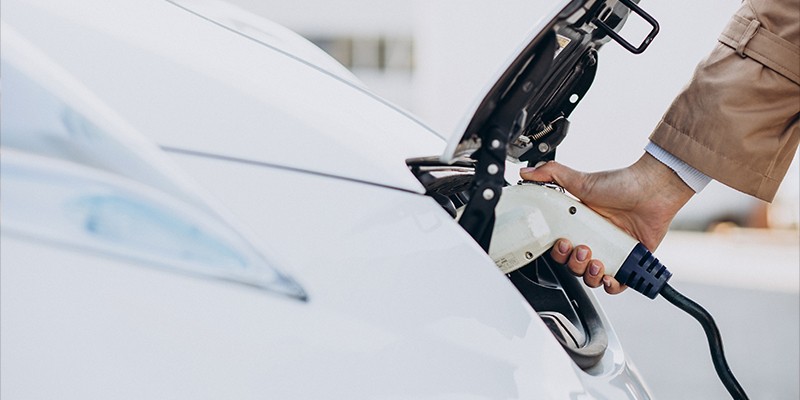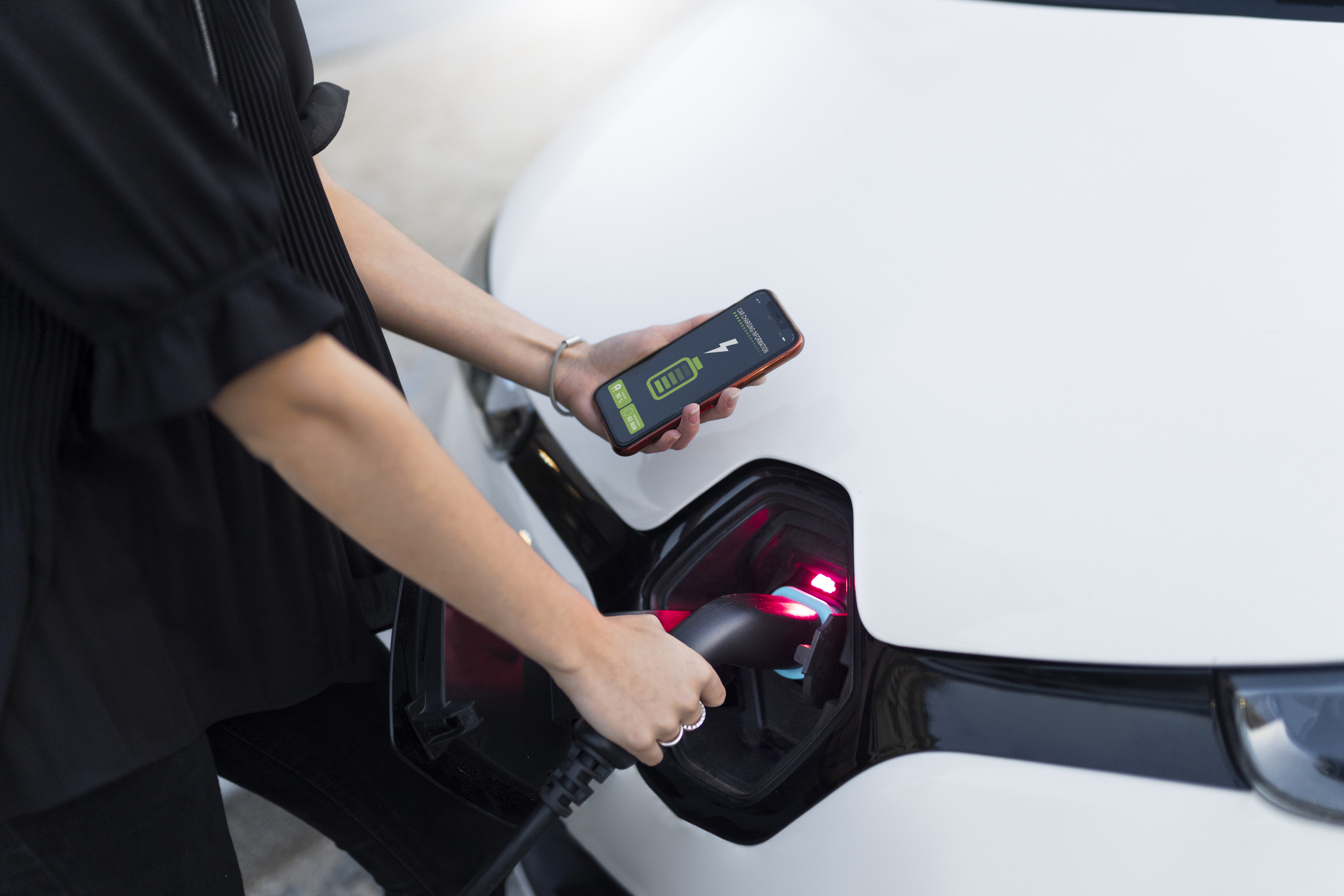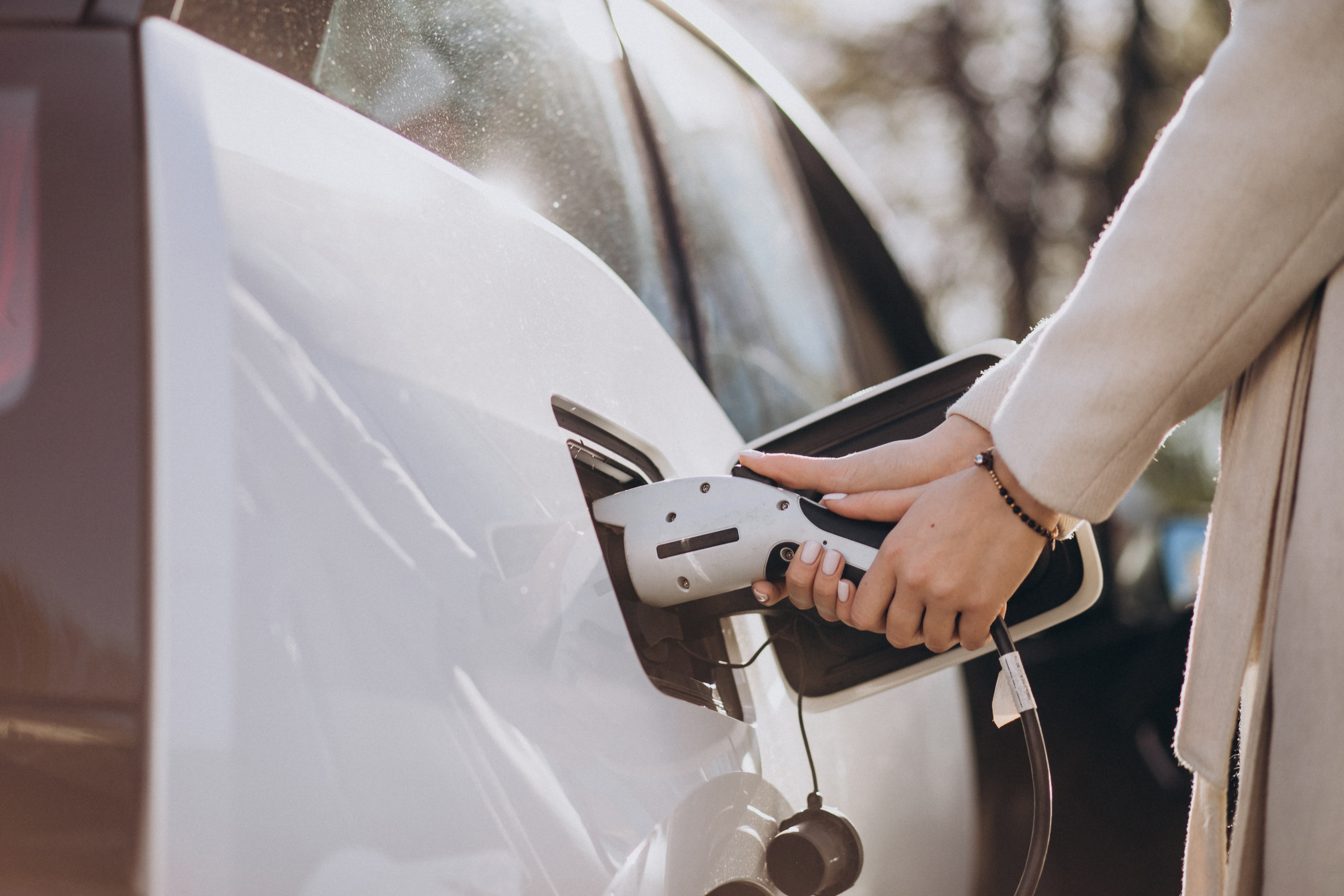How to claim expenses for charging an electric company vehicle 2022
How to claim expenses for charging an electric company vehicle 2022

If you are considering an electric car for your next leased vehicle, then you'll be joining an increasing amount of motorists who have already made the switch. There are now approximately 370,000 electric vehicles on UK roads and 710,000 plug-in hybrids.
Despite operating in a market that was down by 28.7% pre-Covid-19 levels, electric car sales had a record year in 2021, with more battery electric vehicles (BEV) being sold than the prior five years (2016-2020), with 190,727 registrations (accounting for 11.6% of all new car sales).
We expect the growth of the electric vehicle market to continue to accelerate in the future as the UK prepares itself for the impending 2030 ban on the sale of new petrol and diesel vehicles.

How many EV charging stations and locations are there in the UK?
There has never been a better time to lease a new electric car with a significant investment in the UK's charging infrastructure. As of 7th January 2022, recent charging station stats show there are currently 28,749 electric vehicle chargers in the UK. These devices provide 48,547 electric car charging connectors.
At present, there are 18,099 EV charging locations in the UK. This includes charging devices that are classed as slow (3-5kW), fast (7-22kW), rapid (25-99kW) and ultra-rapid (100kW). By the end of last year, the UK had 3,258 rapid charging locations.
.jpg)
Can I claim company expenses for charging my electric car?
Most EV drivers will charge their vehicle at home overnight, as it's the most convenient way to top up. However, it presents a challenge from an expenses perspective because it's difficult separating the electricity used to charge your vehicle from the rest of your household consumption. In addition, you also have to evaluate how to split the electricity consumption between private and business journeys.
From HMRC's perspective, they do not consider electricity as a fuel, but they do have a per-mile rate for motorists to claim back the expense of business trips in an electric vehicle. The Advisory Electric Rate is currently set at 5p per mile, which is approximately in line with what you might anticipate spending charging a typical mid-sized EV (like a VW ID.3) on a flat-rate home electricity tariff. So it should cover your costs.

The alternative can be complicated. HMRC considers reimbursed domestic electricity as a taxable Benefit-in-Kind (B-i-K) unless the car or van is used for business use only. For company cars, where some journeys will be private, it is up to employers to verify how the energy has been used.
Thankfully, most new chargepoints can record usage and communicate it via a built-in data link, which provides more accurate rebates without getting tied up in complicated audits. Some examples include:
- Centrica’s virtual fuel card is an individual account for accessing public, workplace and home chargepoints. Home energy is then automatically refunded via payroll. However, it’s used for business-only vehicles, such as vans, and not company cars.
- NewMotion has a similar solution. Their card is used to access public and employer chargepoints. It then logs energy utilised at home and reimburses drivers in their pay packet. However, motorists would need a different account for private journeys.
- EQUANS and Mina (divisions of utility company Engie) are avoiding up-front costs for motorists by paying for public and home charge sessions, then invoicing the employer for the energy consumed. Drivers can categorise journeys as private within the same account, which Mina says generates a sufficient paper trail to fulfil HMRC's requirements.
What can be claimed for charging in public?
According to current government data, the average cost of a kilowatt-hour of electricity is 17.4p at home. When comparing that to 69p at one of Ionity’s ultra-fast charge points, the AER doesn’t add up so well if using some of the quicker public charging networks.
HMRC permits employers to alter the AER if they can demonstrate it’s leaving motorists out of pocket, but any surplus is open to being taxed as extra income.
Suppliers have acknowledged that this is a problem. Many fuel card companies now let motorists pay for charging sessions and automatically invoice the charges back to their employer, just like a tank of diesel or petrol.
Several charging providers now provide monthly statements or VAT receipts showing how much you have spent and, in some cases, will automatically reimburse drivers as part of their wages.

How about charging an electric car at work?
A valuable perk of plug-in hybrid and electric cars is the possibility to get free ‘fuel’ from your workplace without being taxed on it. If your employer provides charge points, then HMRC doesn't tax the electricity supplied as a benefit in kind – regardless of whether you’re a passenger in the car and it's for private use. However, some employers might charge a small fee to cover their usually low costs.
View our range of electric cars available on Personal or Business Contract Hire
Other Fleet UK news articles you may want to read:
- Benefits of driving an electric car
- Benefits for employers who install electric vehicle charging points
- Electric vehicle running costs explained
- Our Top 10 electric cars to lease
- Electric cars: deadline looming for claiming home charging grant
- Connected Kerb to install 190,000 electric vehicle chargers by 2030
- Tesla to open up their Supercharger network to other EVs
- New homes and offices to have chargepoints for EVs by 2022
